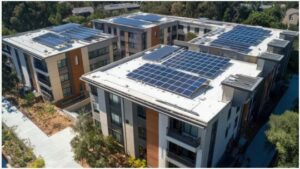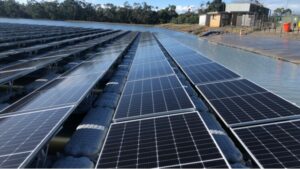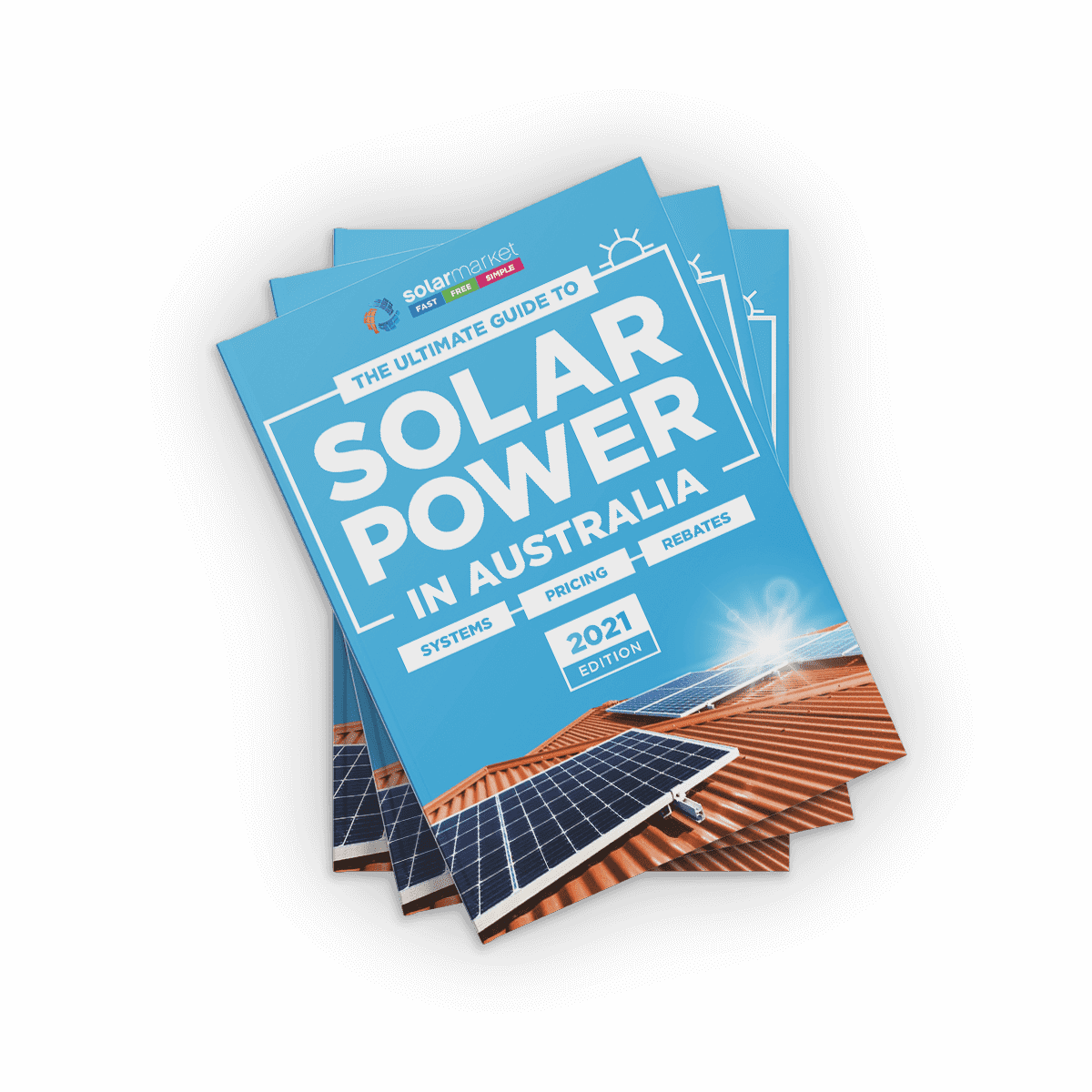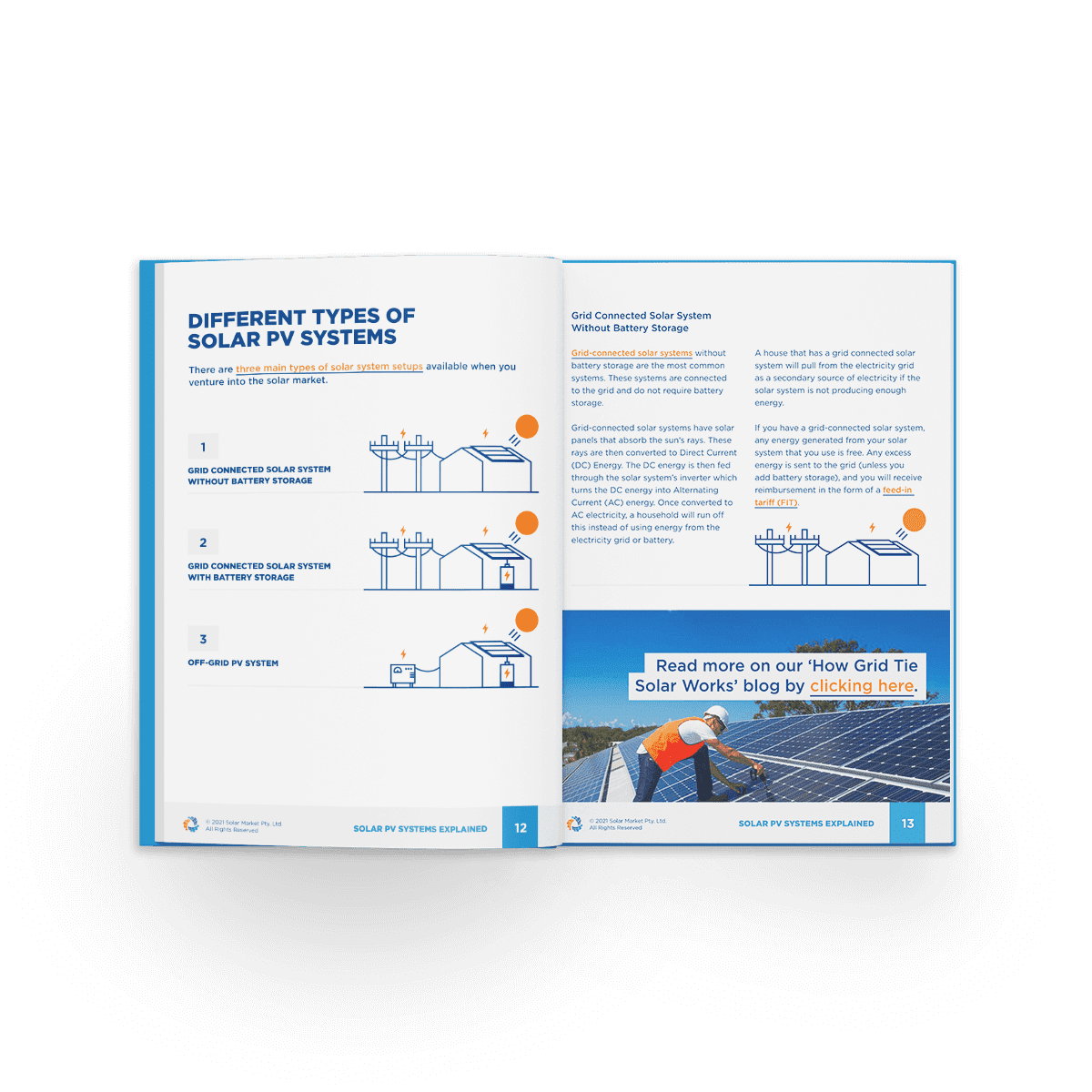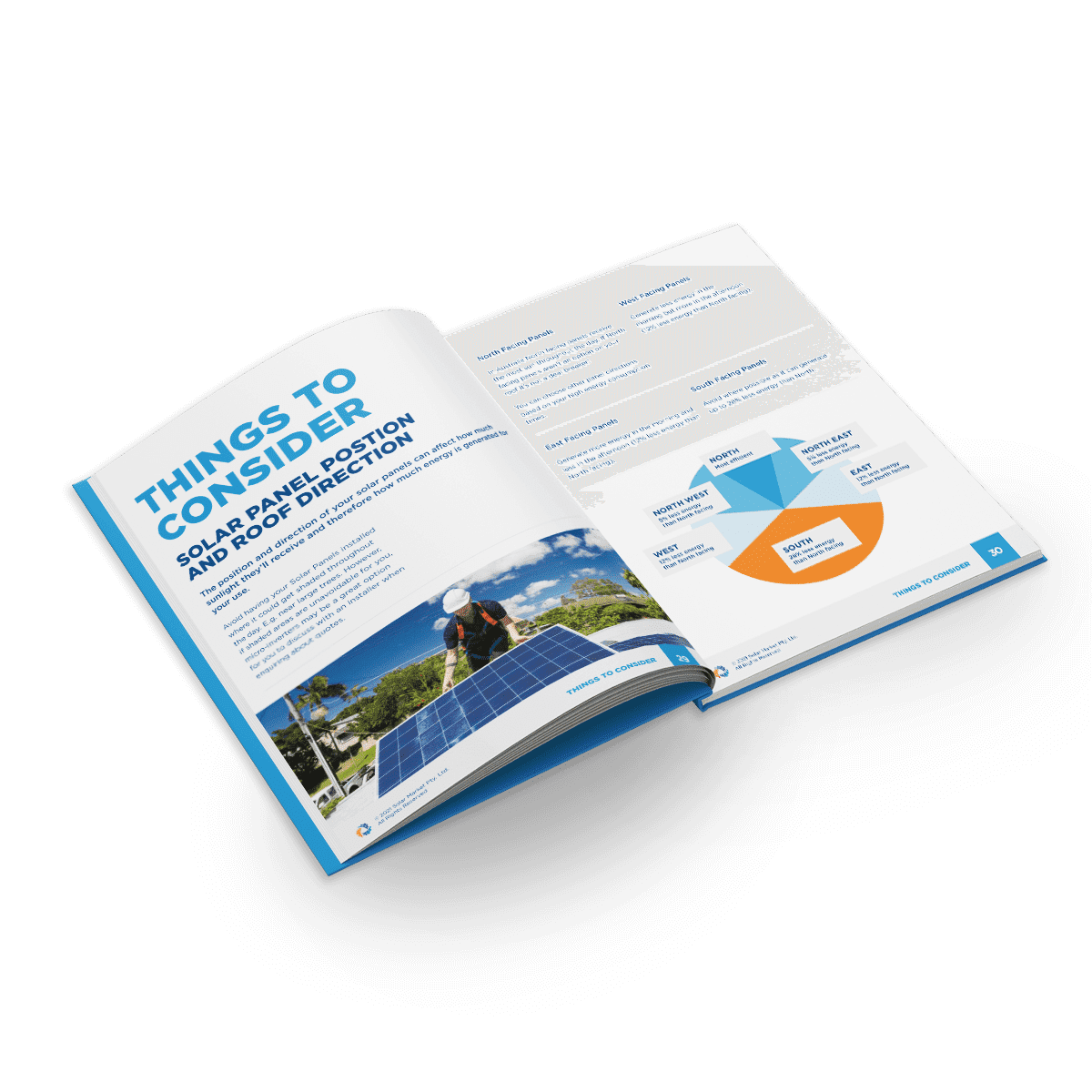In a previous blog, we discussed “Why Solar Power Should Be Part Of Your Retirement Plan” and the long-term benefits of investing in a residential solar power system. What we haven’t spoken about is whether solar feed-in tariff returns could affect pension payments.

Solar Feed-in Tariffs
For those unaware of what a feed-in tariff is, it is a rate you are paid from your energy retailer for excess electricity your solar power system has generated. Feed-in tariffs are only issued if your solar power system has generated more day-time electricity than your household has used. Rates can fluctuate around .0c-.15c per kWh in most states but it is dependent on your energy retailer.
Do Solar Feed-in Tariffs Count As Income?
While a solar power system can reduce your electricity bill by as much as 80%, it is unlikely without battery storage that you’ll have zero electricity charges from your energy retailer. This is due to the need to pull energy from the electricity grid at night. In this case, a feed-in tariff payment will be received as a credit and will further reduce the electricity bill for that quarter.
When a feed-in tariff is received as a credit on an electricity bill it is not counted as income and therefore does not affect pension payments.
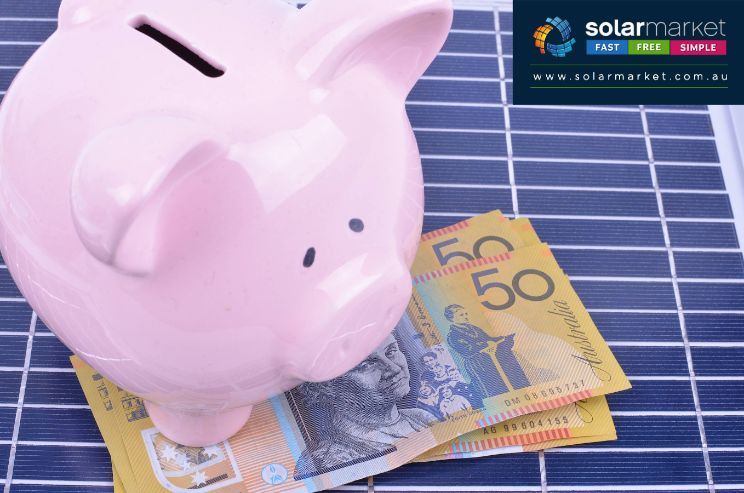
If the feed-in tariff that you receive puts you in surplus credit, meaning the energy retailer owes you money, there is a chance that it could jeopardise your pension payments. However, there is a way around this!
Avoid Sacrificing Pension Payments
If your solar power system has sent you into surplus credit with your energy retailer, they may send you a cheque in the mail. If so, this can be classified as additional income. To avoid this some energy retailers will allow you to nominate that quarter’s surplus credit to be put towards your next electricity bill.
If this is not an option and it is affecting your pension payments, you may want to consider adding battery storage so that you are able to store your excess electricity to use in times your solar power system is not generating enough or any energy e.g. at night or in winter.
Due to the costs of adding battery storage, it is only recommended if you find your solar power system is generating superfluous of energy consistently. If the surplus credit you receive from the energy retailer is small, it should not affect your pension payments by much, but will still be worth monitoring.



